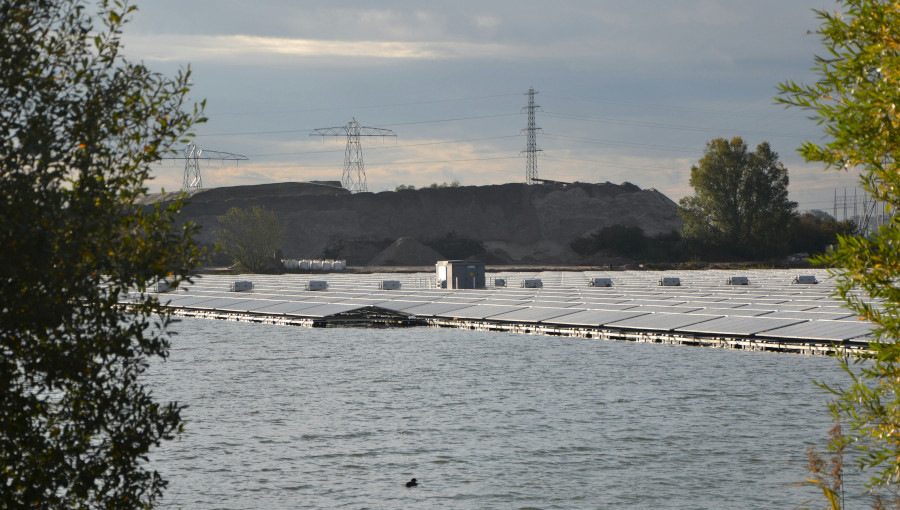Floating solar power represents a promising avenue for clean energy production while maintaining water quality in aquatic environments. Studies reveal that floating photovoltaic systems (floating PV) do not adversely affect water quality or aquatic plant growth, as evidenced by research conducted on various lakes in Switzerland, the Netherlands, and Germany. Despite these benefits, floating PV remains underutilized, particularly in Europe, where regulatory restrictions limit the coverage of water surfaces to just 15 percent and impose a minimum distance of 40 meters from the shoreline. These regulations are based on outdated assumptions rather than scientific findings, as indicated by the work of Konstantin Ilgen from Fraunhofer ISE, who found that floating solar installations have minimal ecological impact and can even enhance water quality in certain cases.
Research focusing on the macrophyte populations—aquatic plants near the shore—has shown that solar installations do not significantly disrupt these ecosystems. In fact, the study revealed instances, like in Germany, where the presence of infrastructure led to improved water clarity and ecological diversity due to filtering by mussels. Ilgen argues that legal frameworks should consider water depth instead of arbitrary shoreline distances, which are currently limiting floating solar potential. The findings underscore the need for updated regulations that more accurately reflect the ecological realities of floating solar technology, which can contribute to achieving broader energy goals while preserving aquatic ecosystems.

